This gallery shows 30+ high-quality and best-resolution Slug PNG images, vectors, stickers, logos, Icons, and clipart pictures with transparent backgrounds.
Related Topics: Bee PNG | Butterfly PNG | Ant PNG
Free download all these Slug PNG images for graphic design, projects, presentations, web design, editing, and other works.
Slug PNG images for free download:
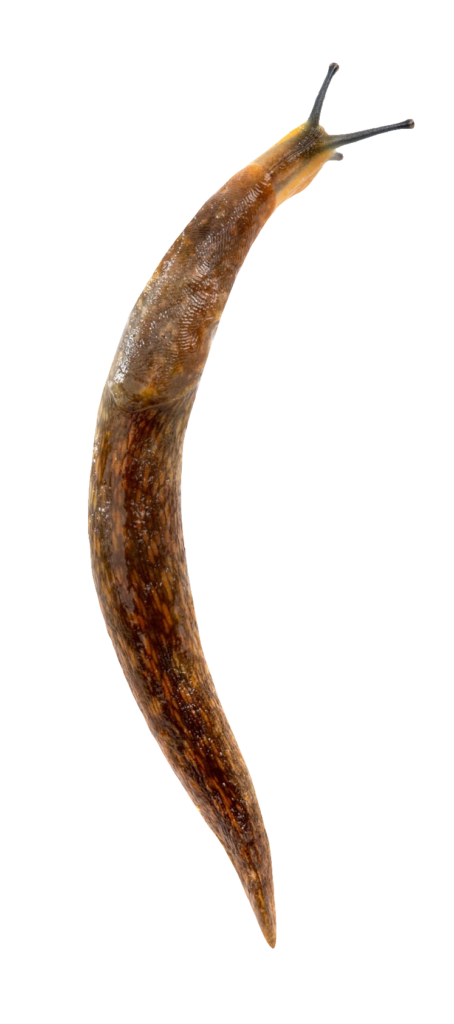
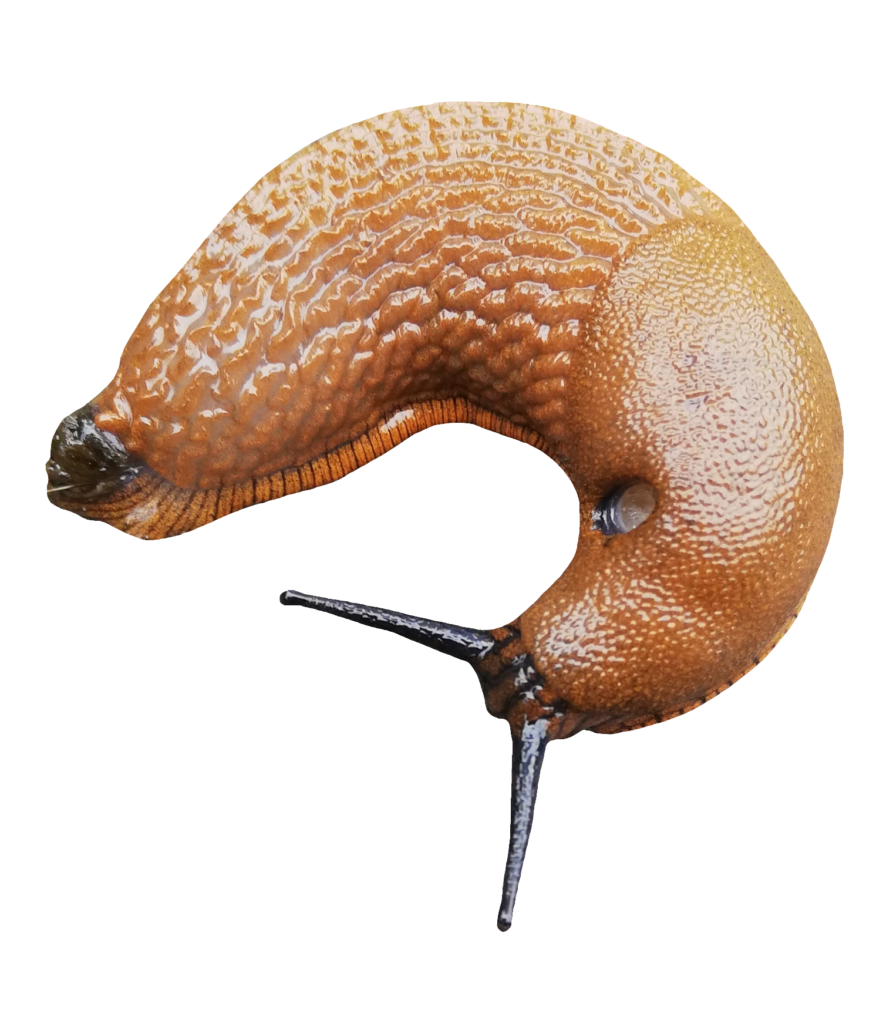
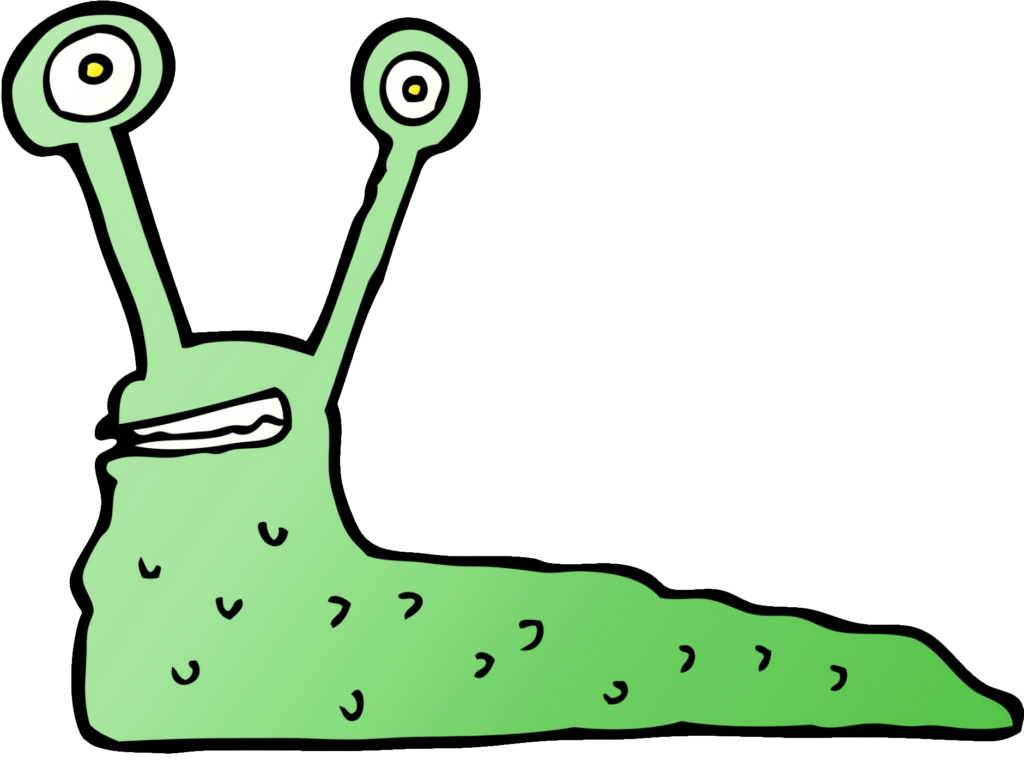
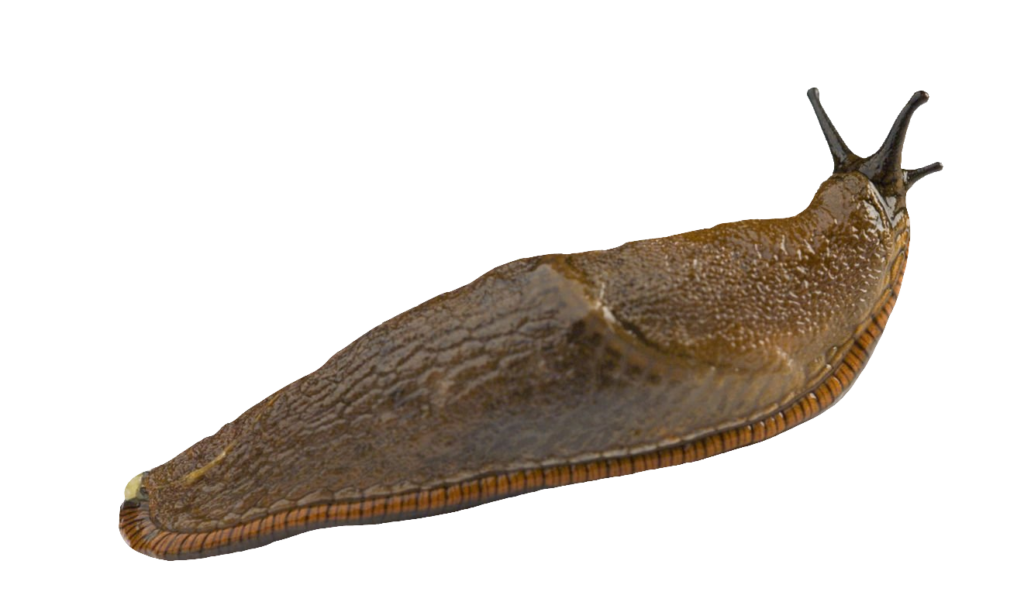
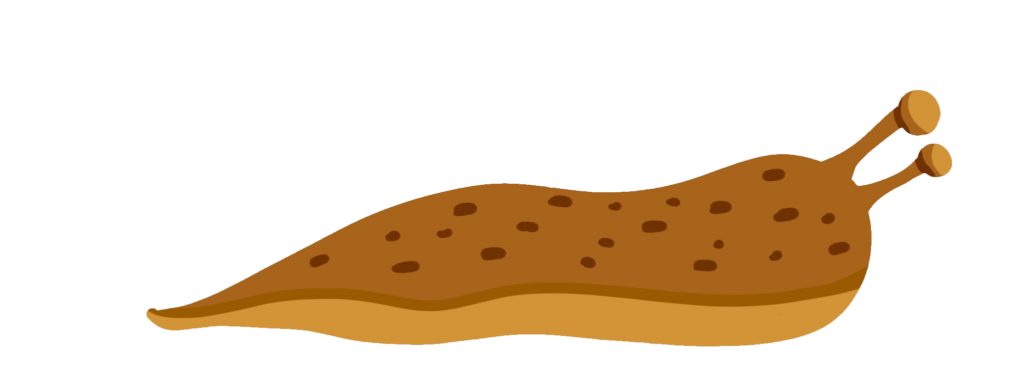
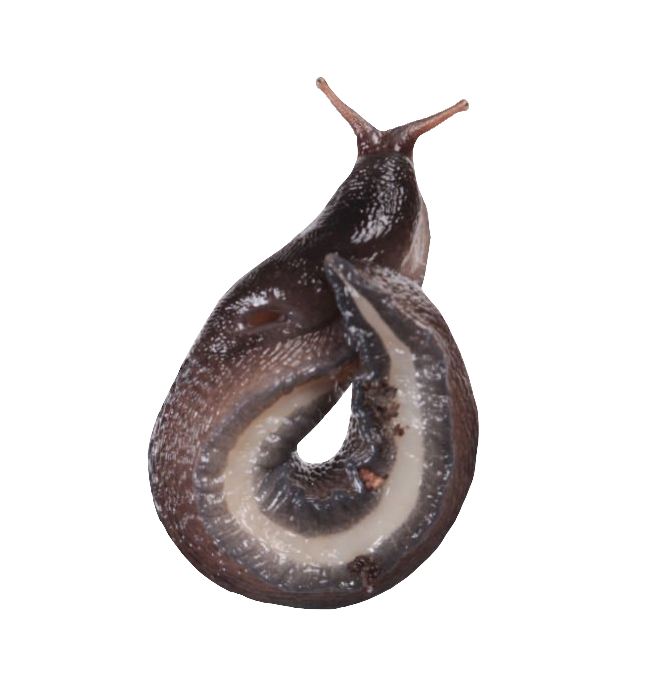
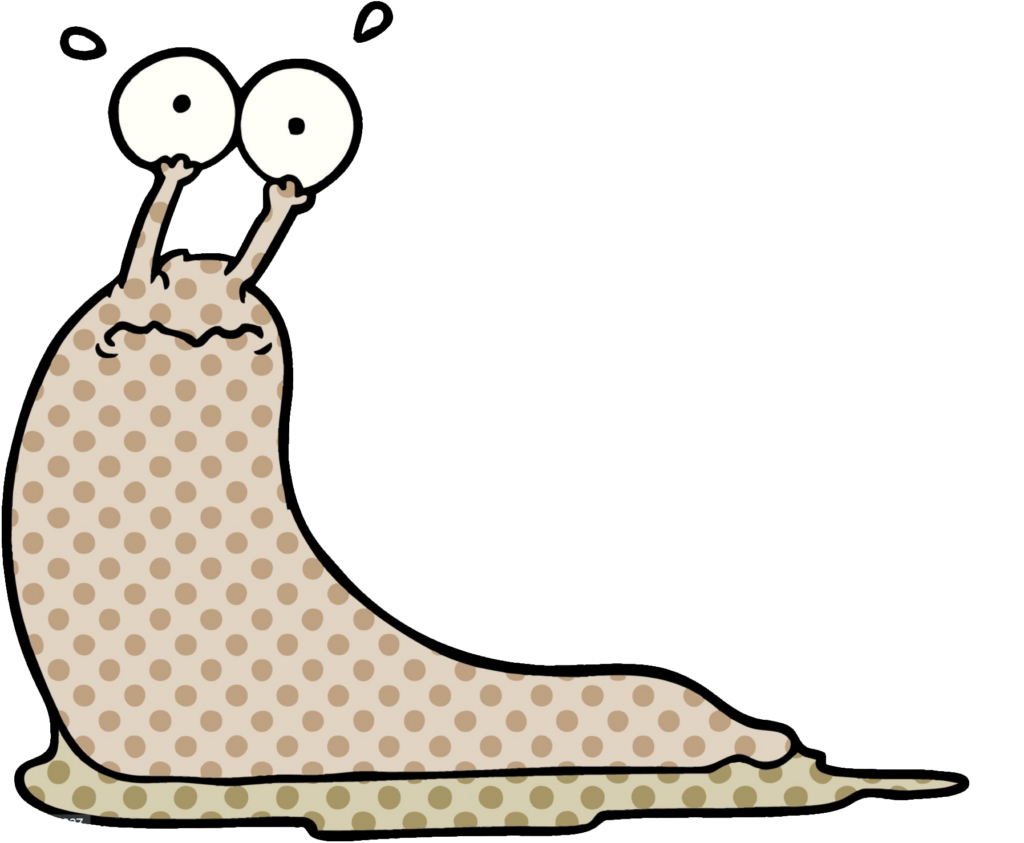
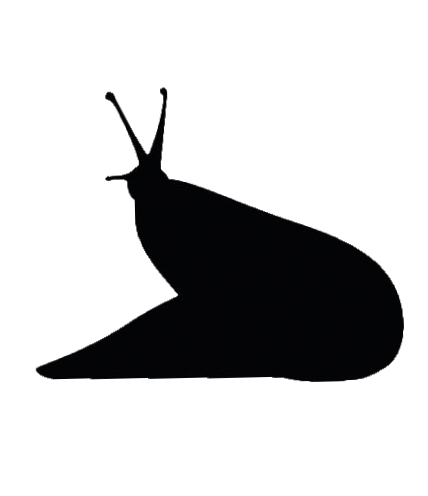
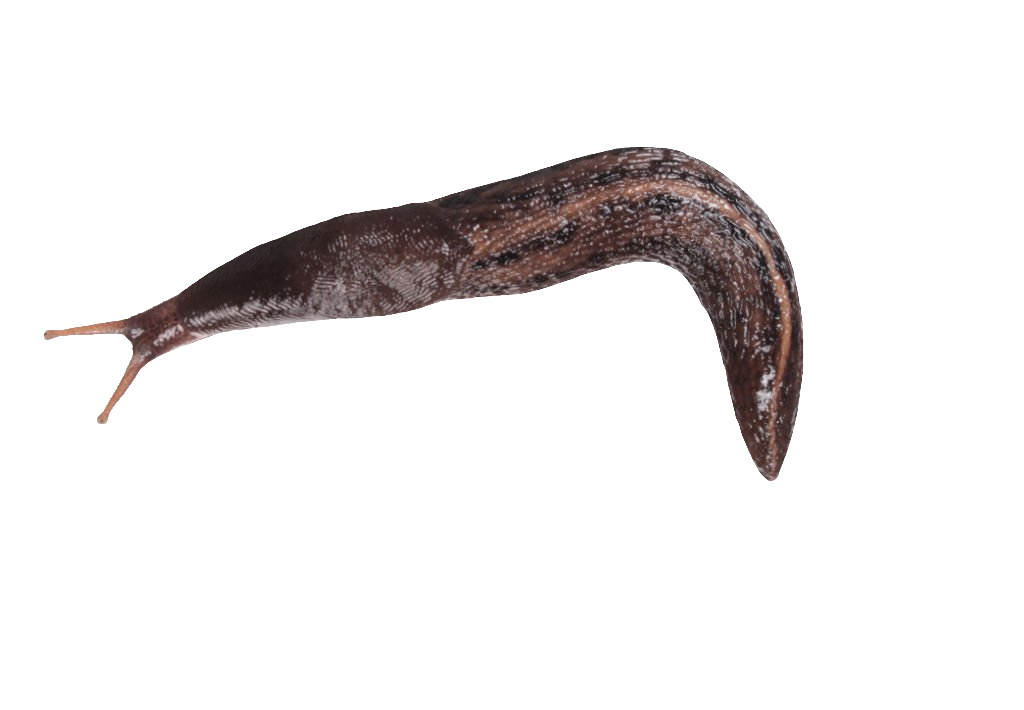
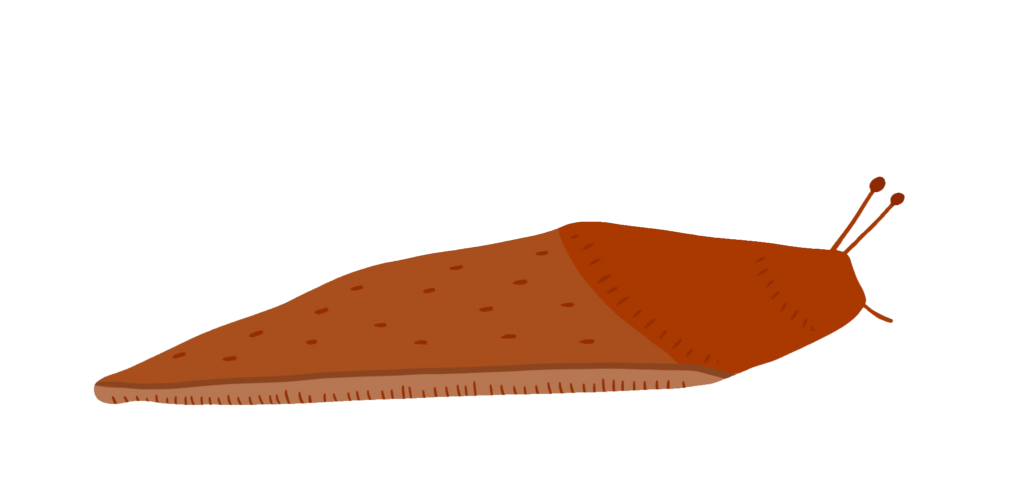
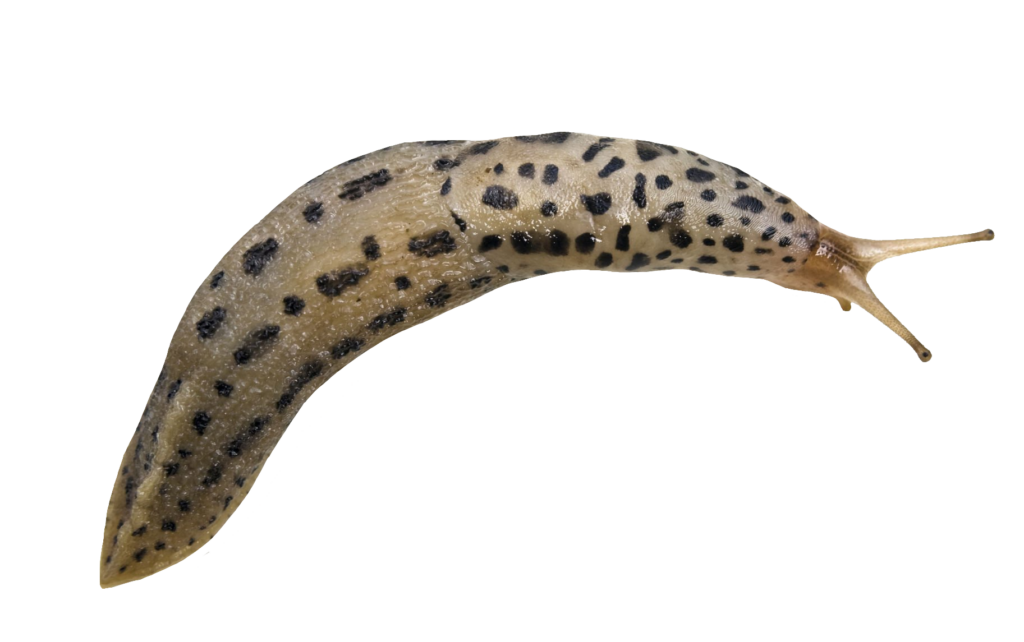
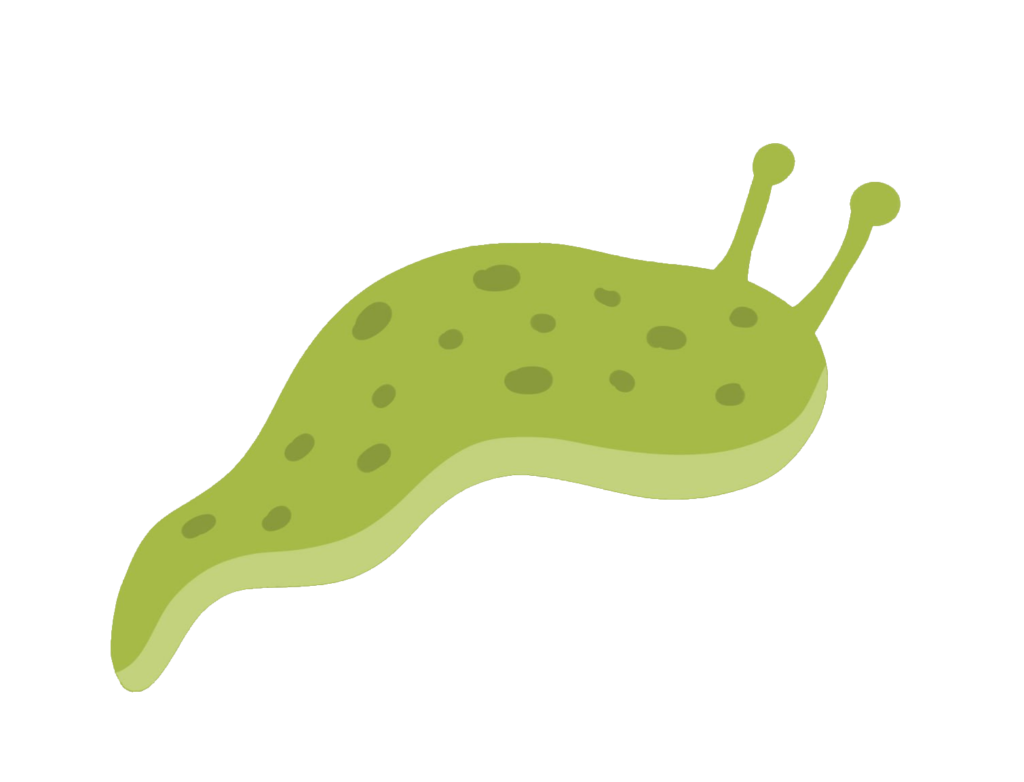
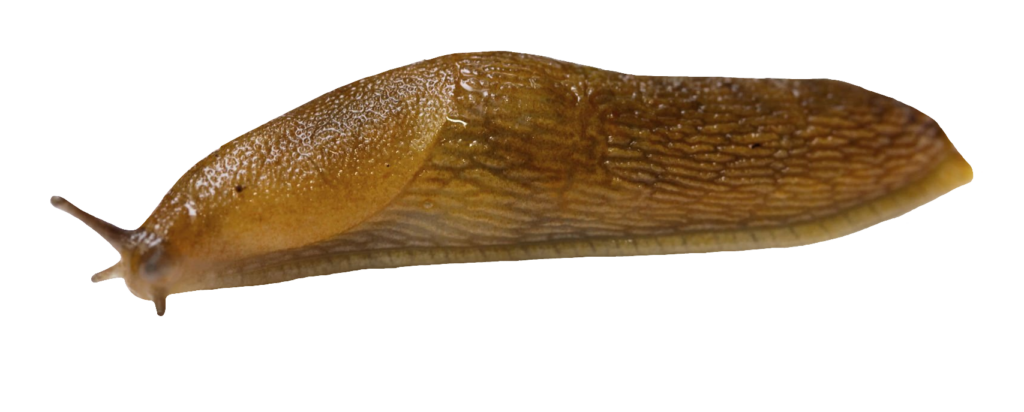
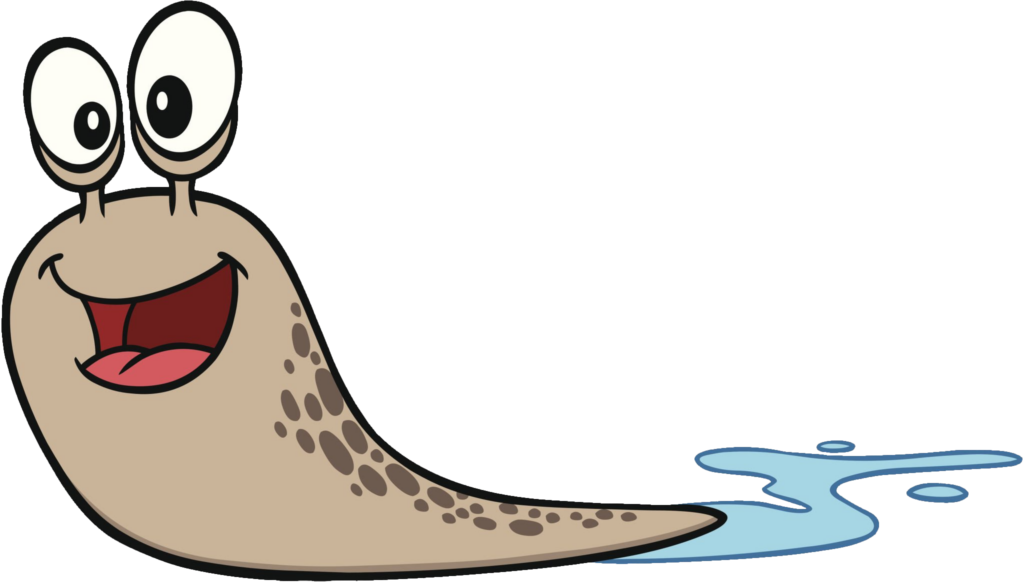

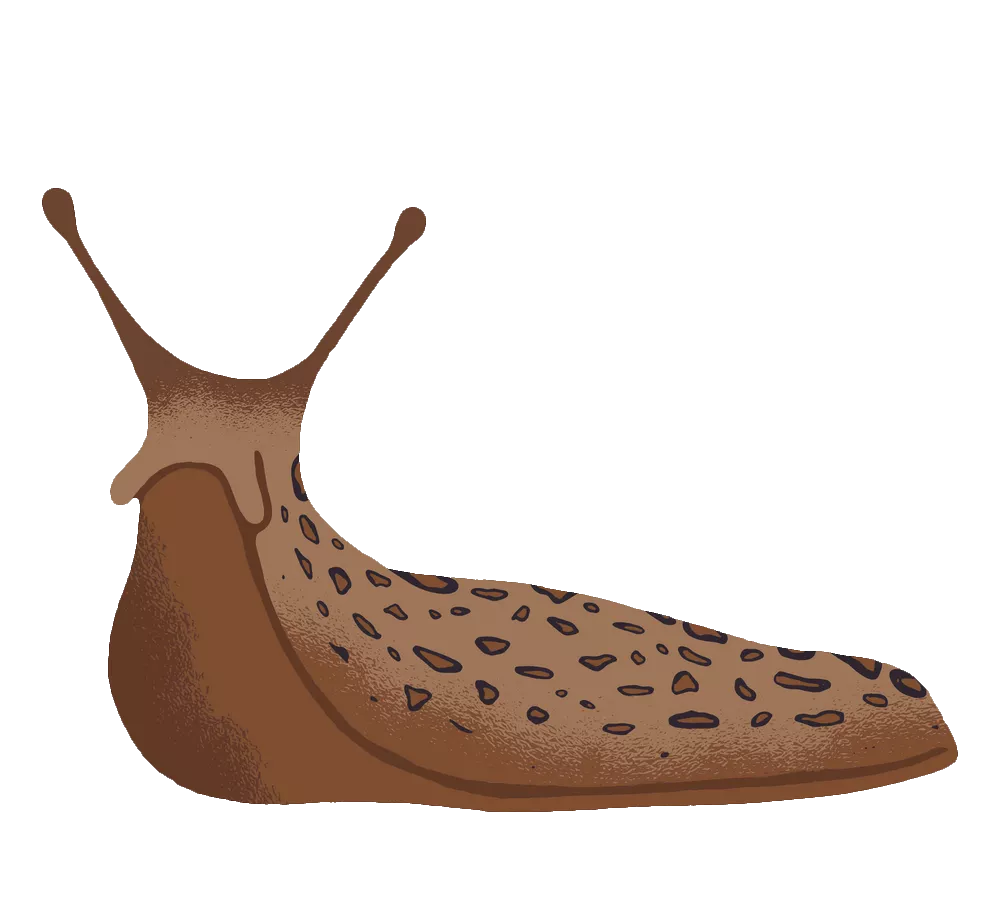
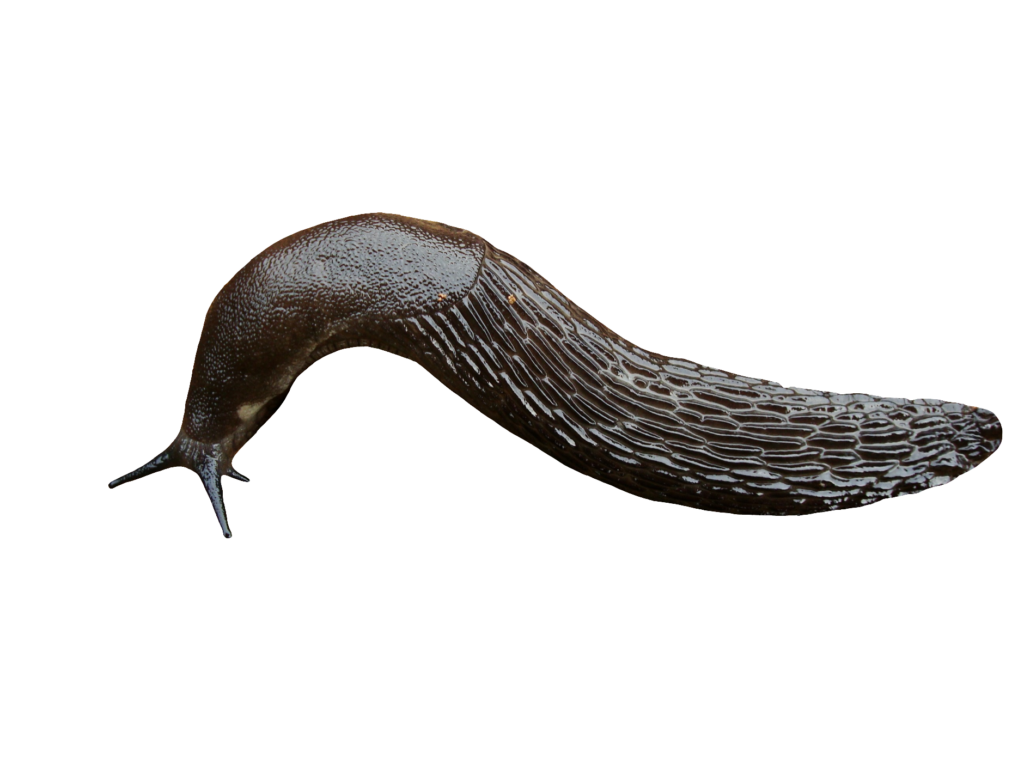
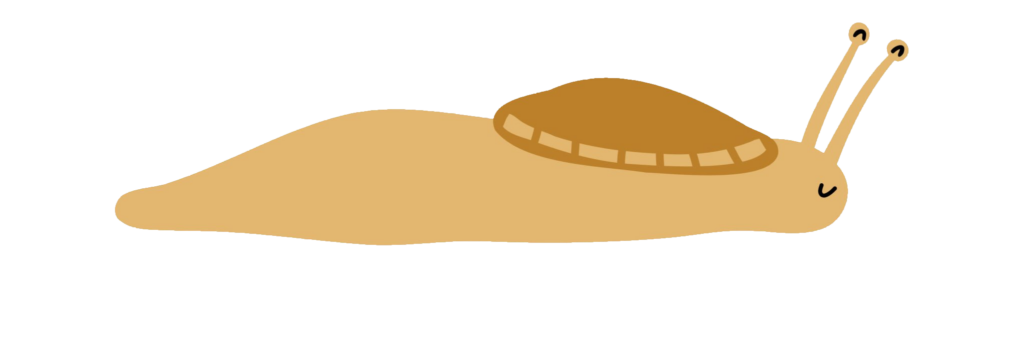
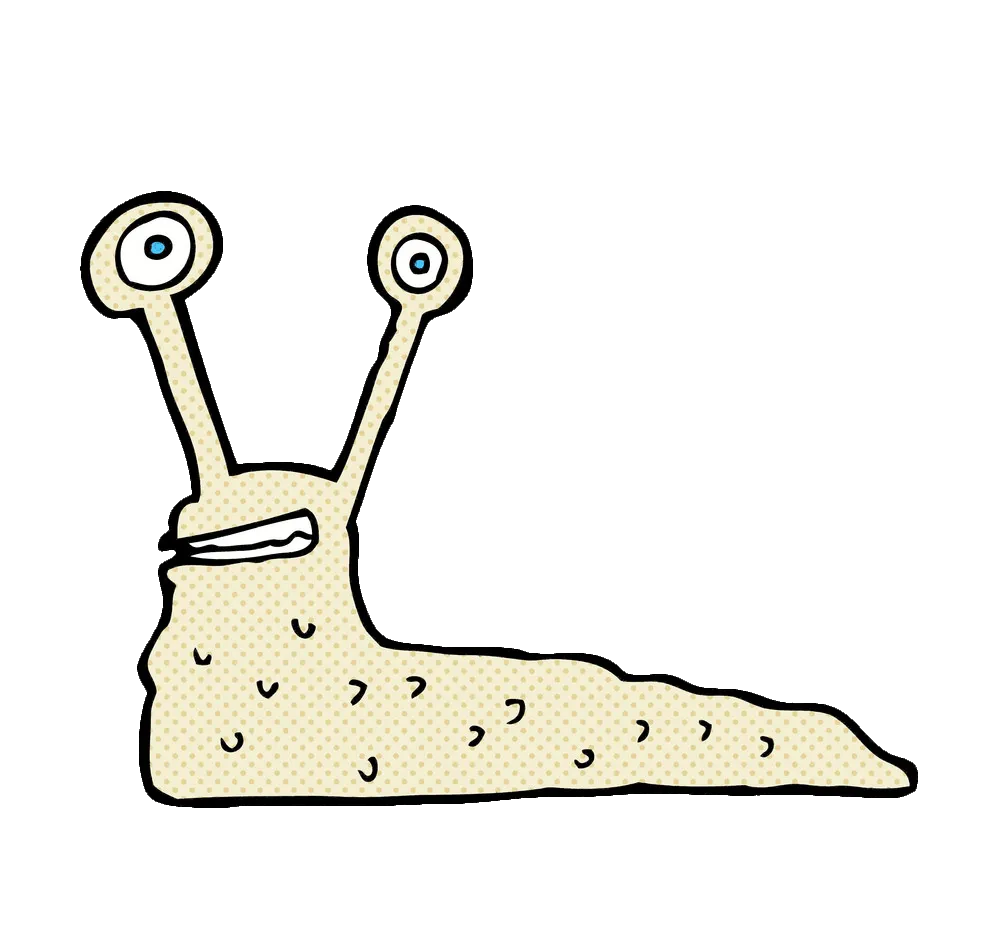
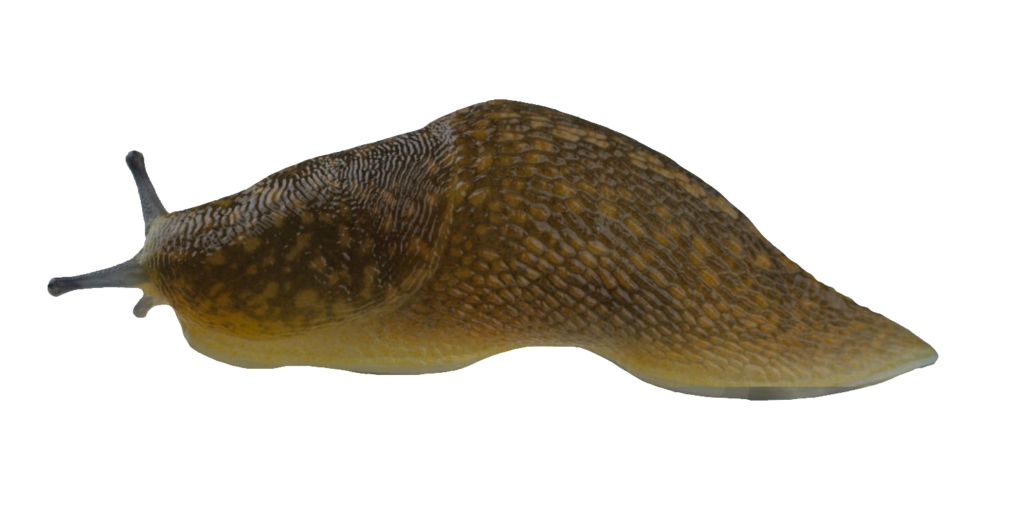
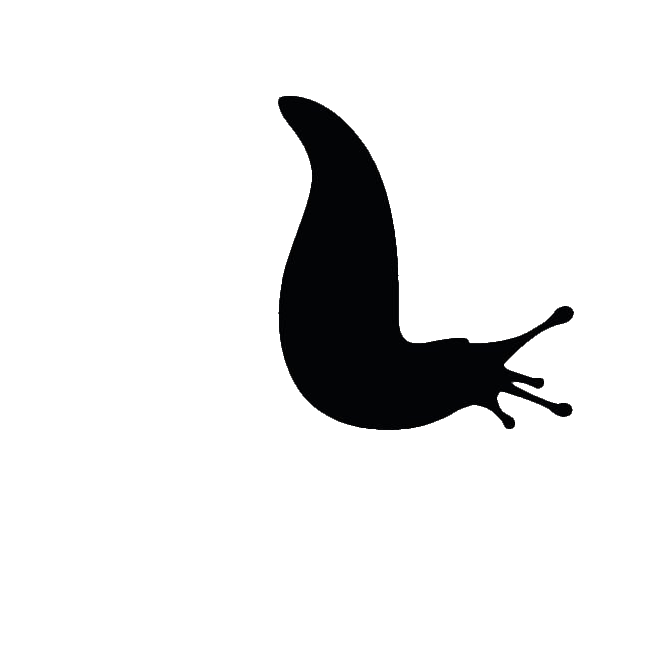
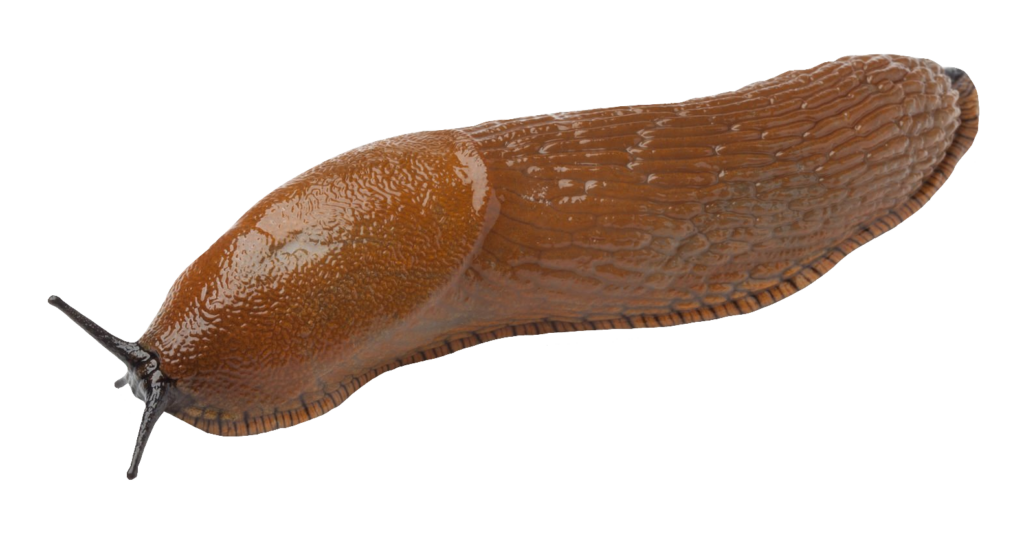
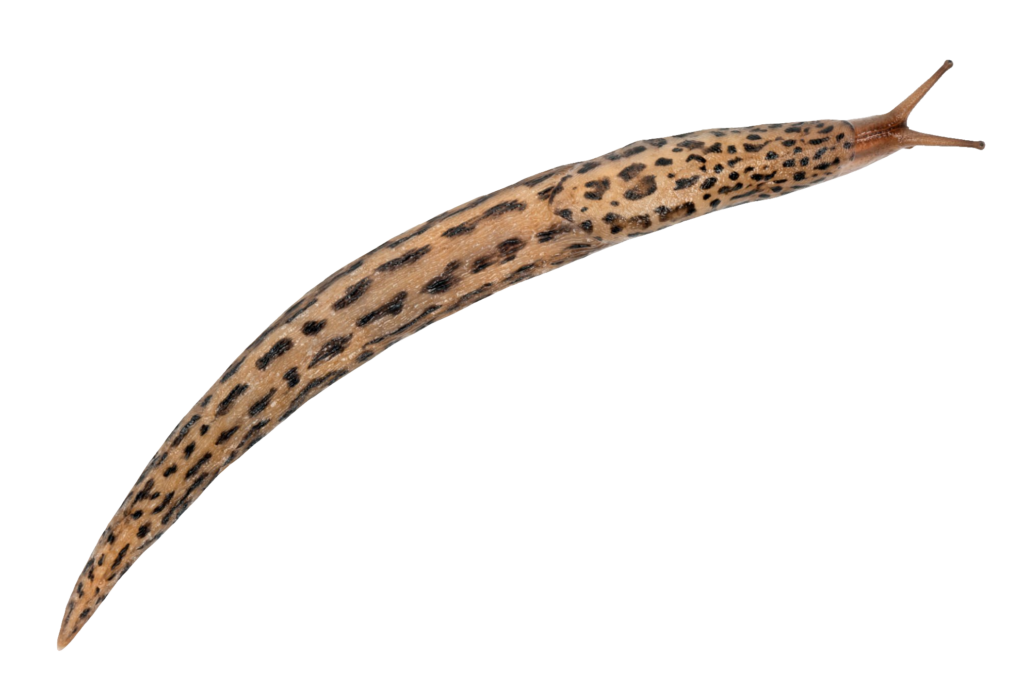
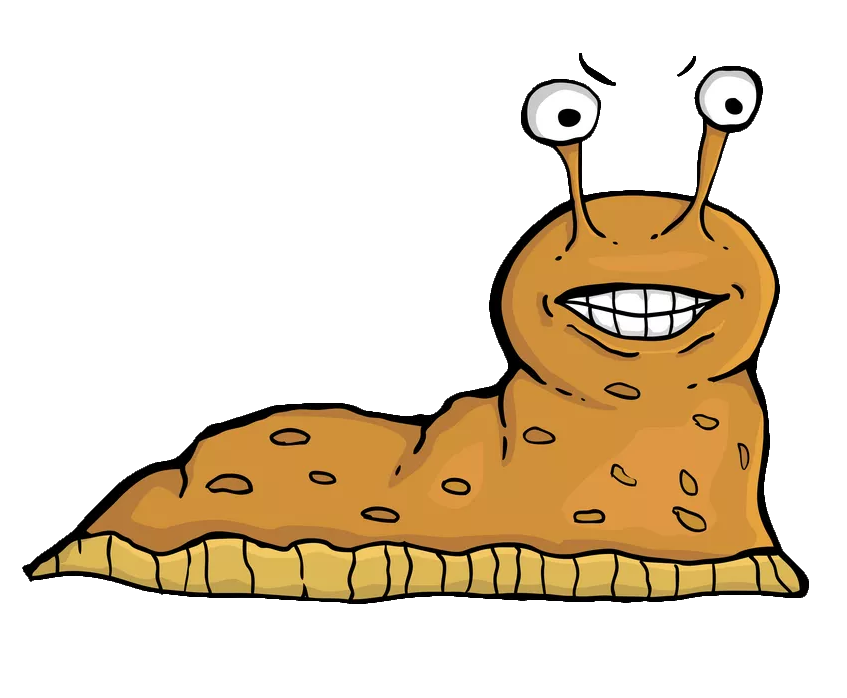
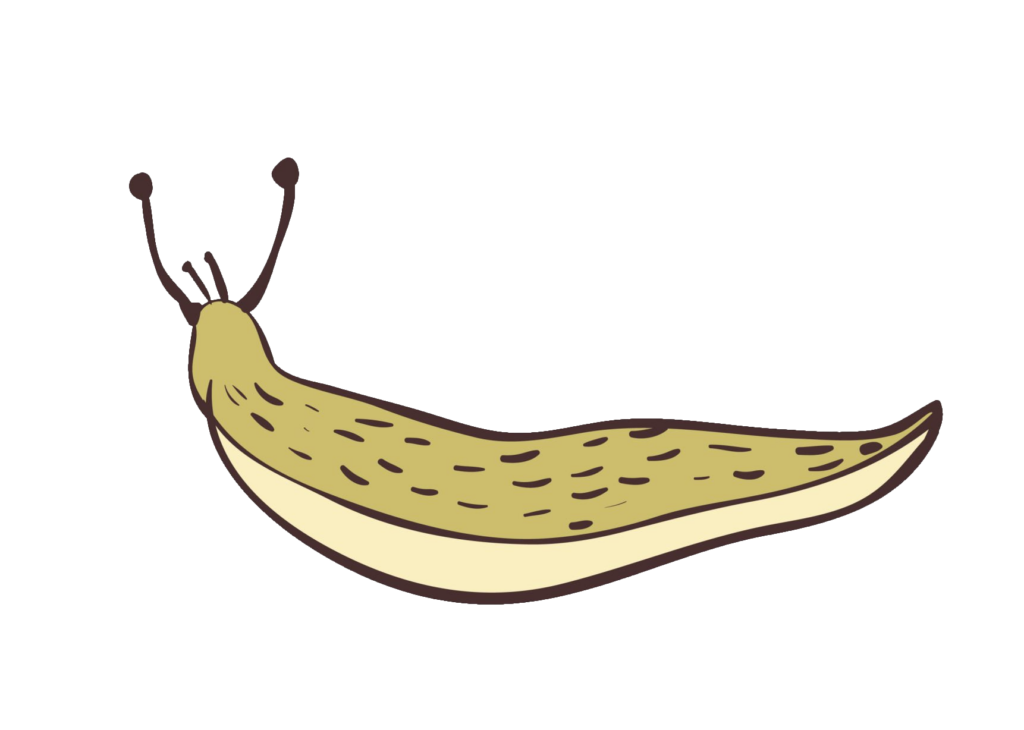
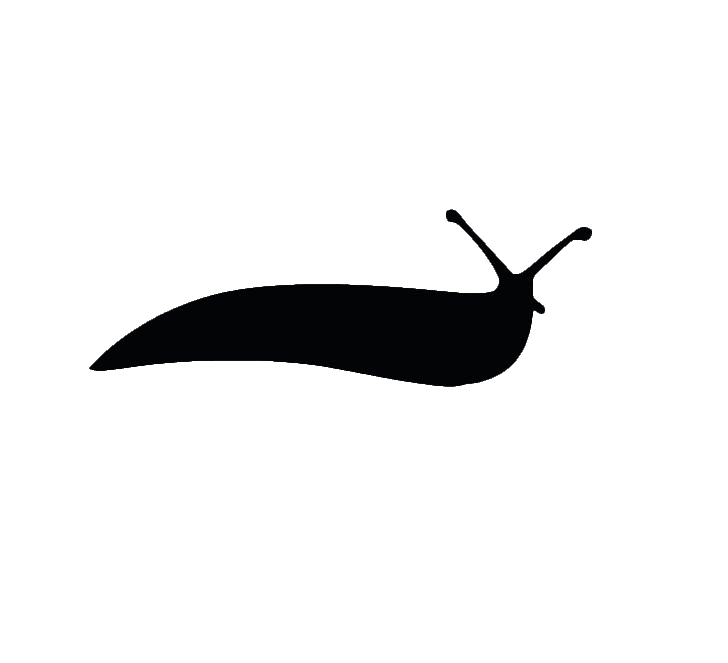
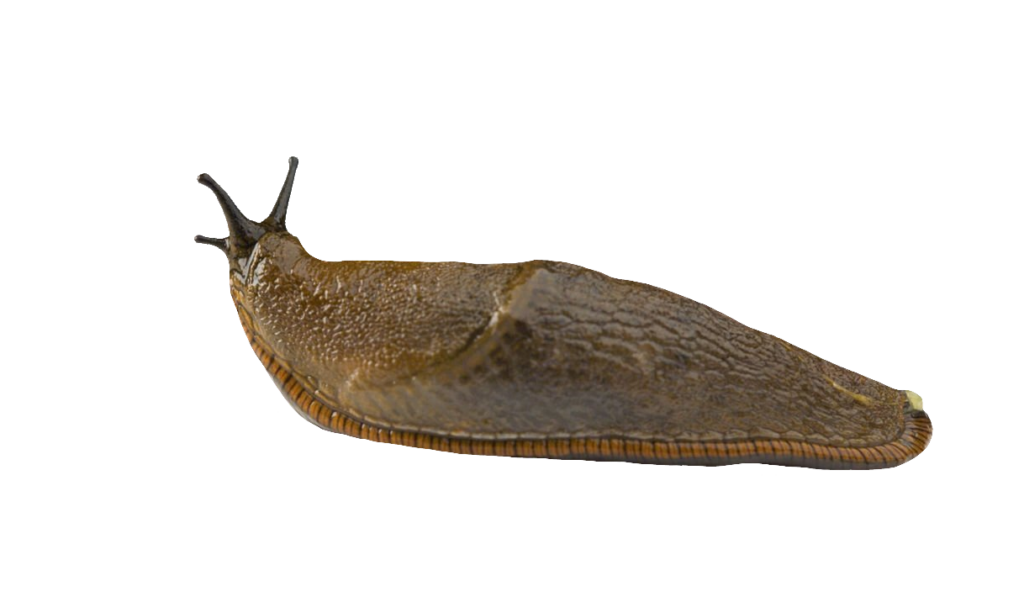
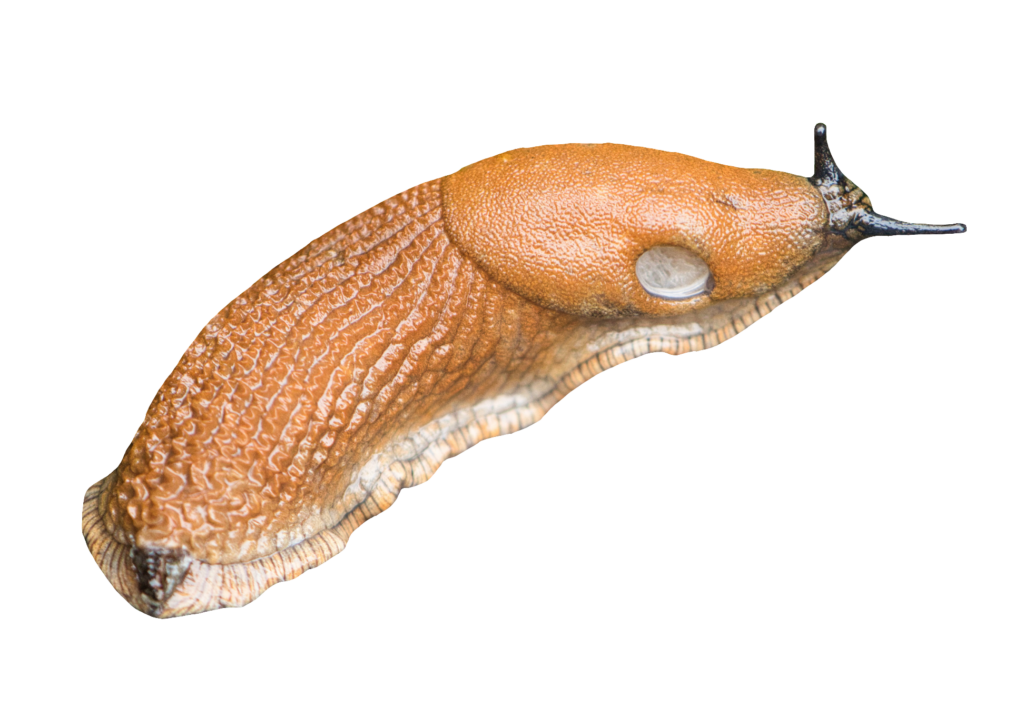
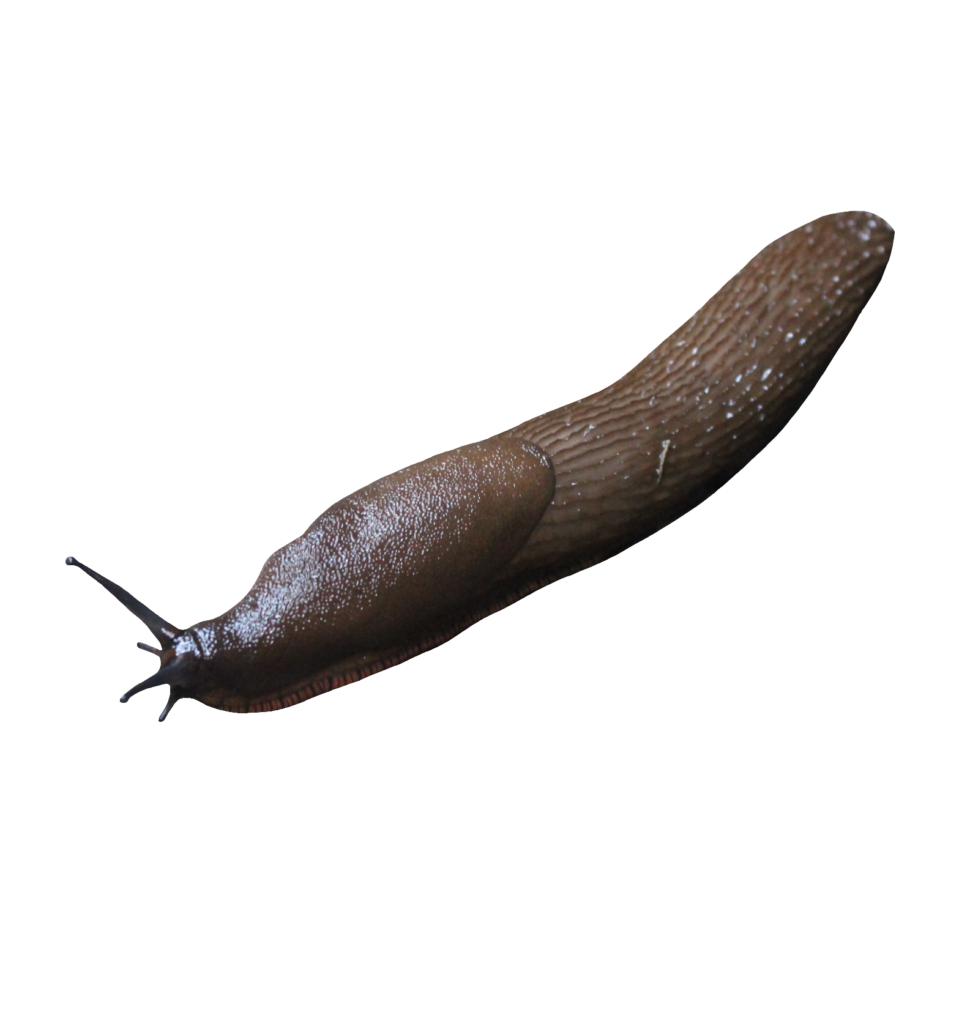
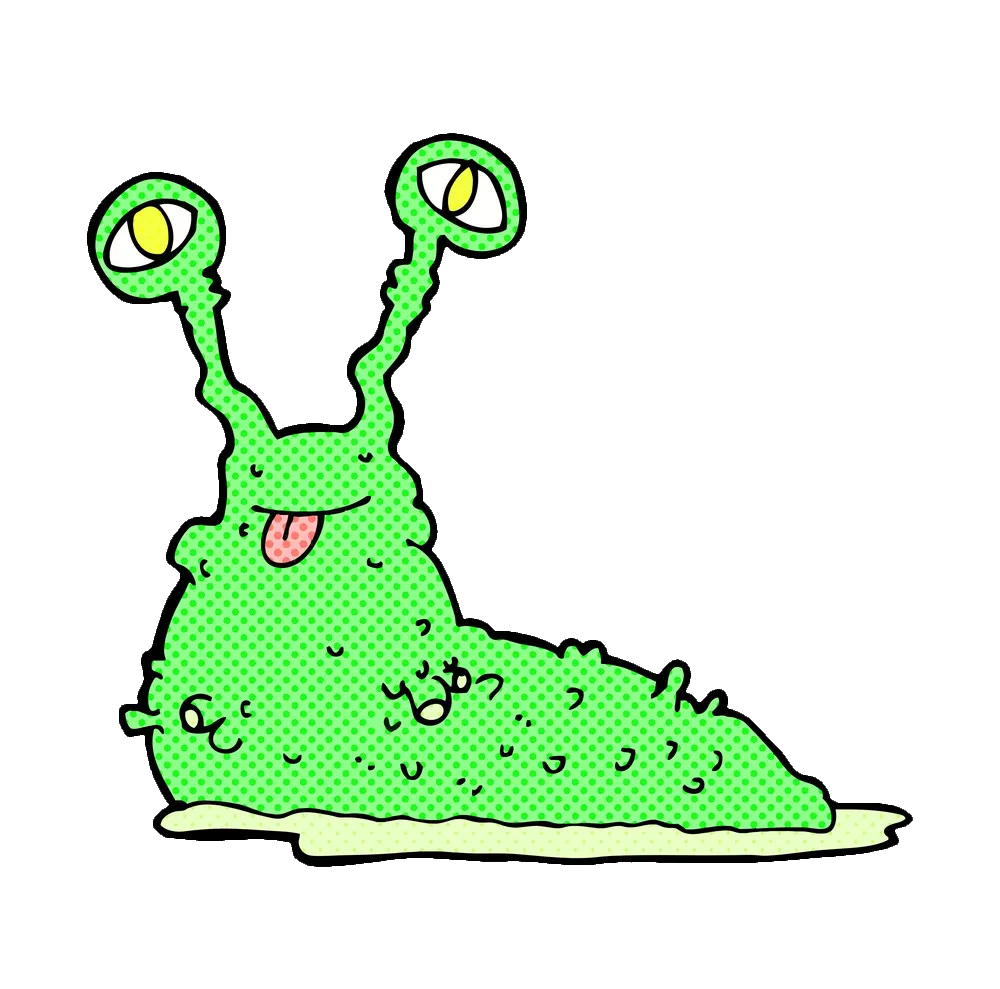
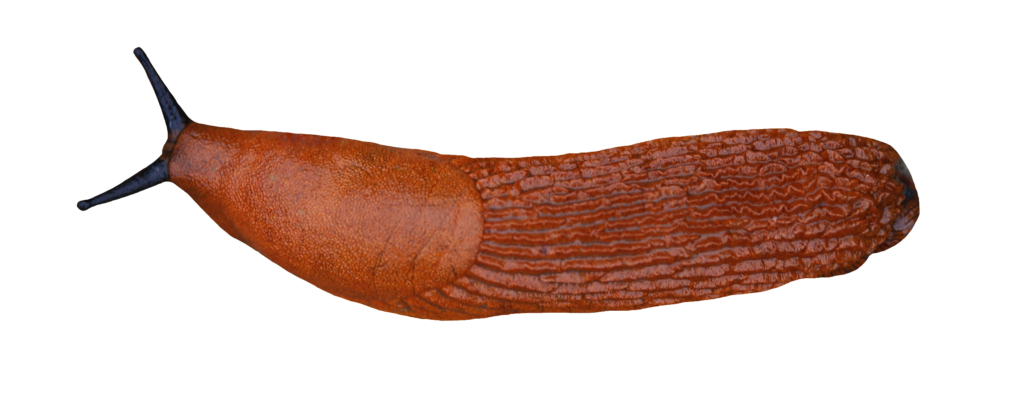
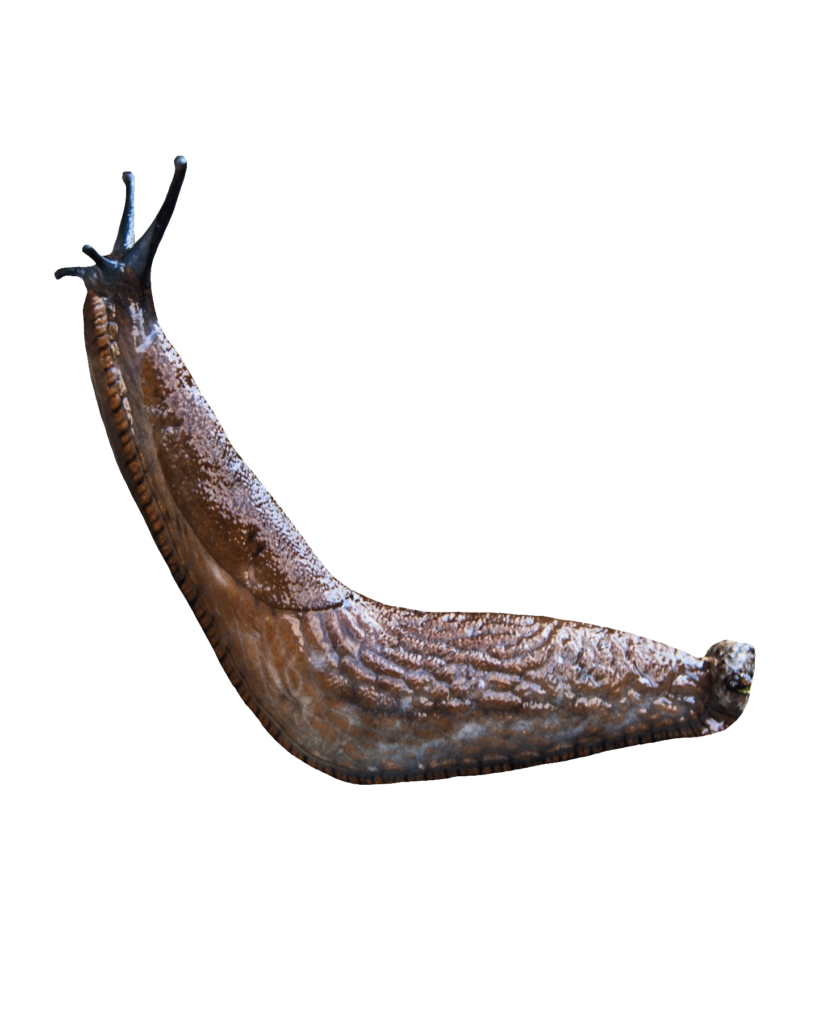
Slugs are fascinating creatures often found in gardens and forests, belonging to the class Gastropoda, which also includes snails. Unlike snails, slugs lack a protective shell, making them more vulnerable to environmental challenges. Their unique anatomy, feeding habits, and ecological role highlight their importance in ecosystems, even though they are often seen as pests by gardeners.
One of the most distinctive features of slugs is their soft, elongated bodies, typically covered in a layer of mucus. This mucus serves multiple purposes: it helps them move smoothly over rough surfaces, prevents dehydration, and acts as a defense mechanism against predators. Slugs come in various sizes and colors, ranging from small species measuring just a few centimeters to larger species growing up to 30 centimeters. Their color, usually brown or gray, helps them blend into their surroundings, offering some protection from predators.
Slugs are primarily herbivores, feeding on a variety of plant material, including leaves, flowers, and fruits. This feeding behavior often brings them into conflict with gardeners, as they can cause significant damage to crops and ornamental plants. However, slugs also play a critical role in breaking down decaying plant matter, contributing to the nutrient cycle. In some ecosystems, slugs act as decomposers, helping to recycle organic material back into the soil, which enriches the environment for other plants and animals.
Slugs are hermaphrodites, meaning each individual has both male and female reproductive organs. This allows them to mate with any other slug they encounter, increasing their chances of reproduction. After mating, slugs lay clusters of eggs in damp, sheltered areas, where the young slugs hatch and begin feeding. The life cycle of a slug is relatively short, usually lasting between one to two years, though it can vary depending on environmental conditions such as temperature and moisture.
Despite their small size and lack of a protective shell, slugs have developed several survival adaptations. Their ability to produce mucus is a significant adaptation, providing moisture in dry conditions and deterring predators. Some species of slugs are even capable of regenerating damaged parts of their bodies, such as their tentacles. However, slugs face numerous challenges, including predation by birds, small mammals, and even other invertebrates. Additionally, they are vulnerable to extreme weather conditions, particularly drought, which can lead to dehydration.
Although slugs are essential to ecosystems, they are often viewed negatively by humans, particularly gardeners and farmers. Their voracious appetites can lead to the destruction of crops, prompting the use of various methods to control their populations. Some common strategies include introducing natural predators, using barriers like copper tape, or applying organic or chemical slug repellents. Despite their reputation as pests, it is essential to remember that slugs also have ecological value, particularly in maintaining soil health.
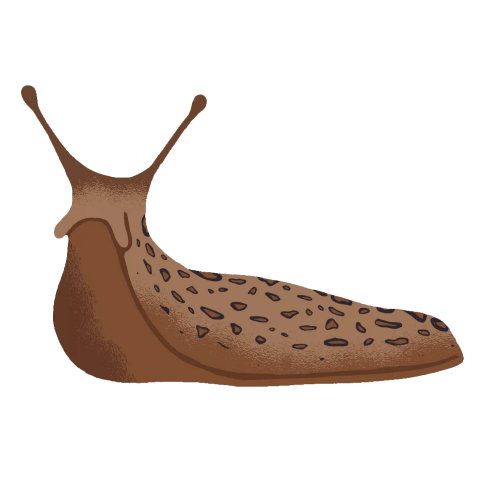
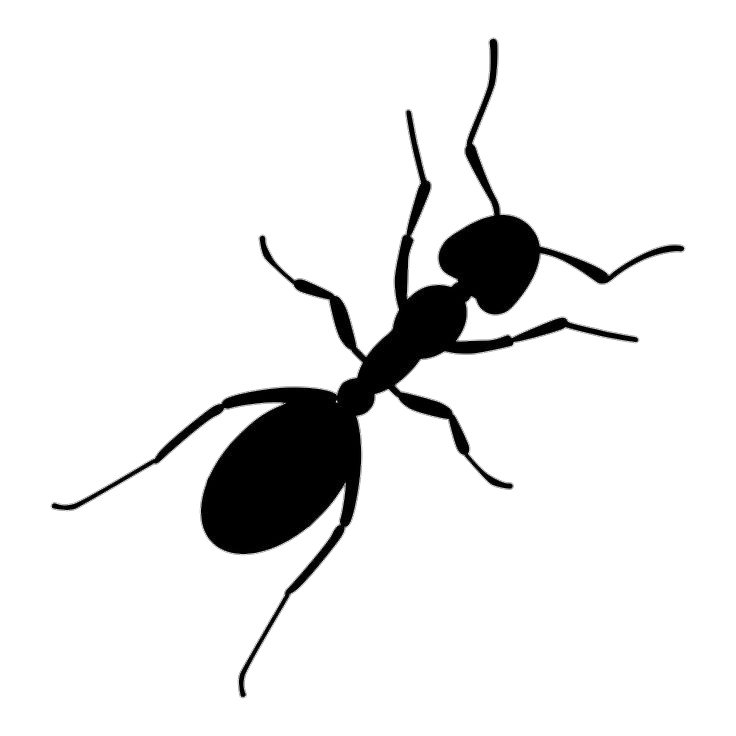
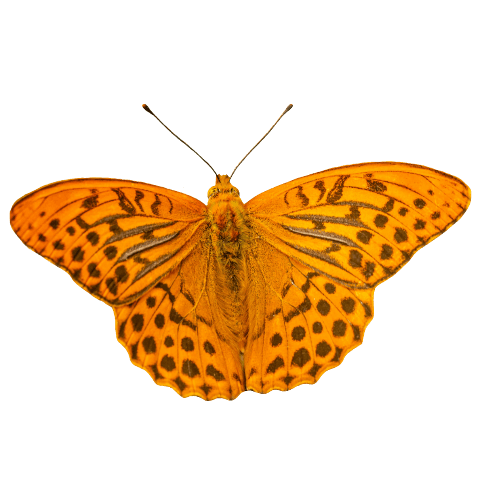
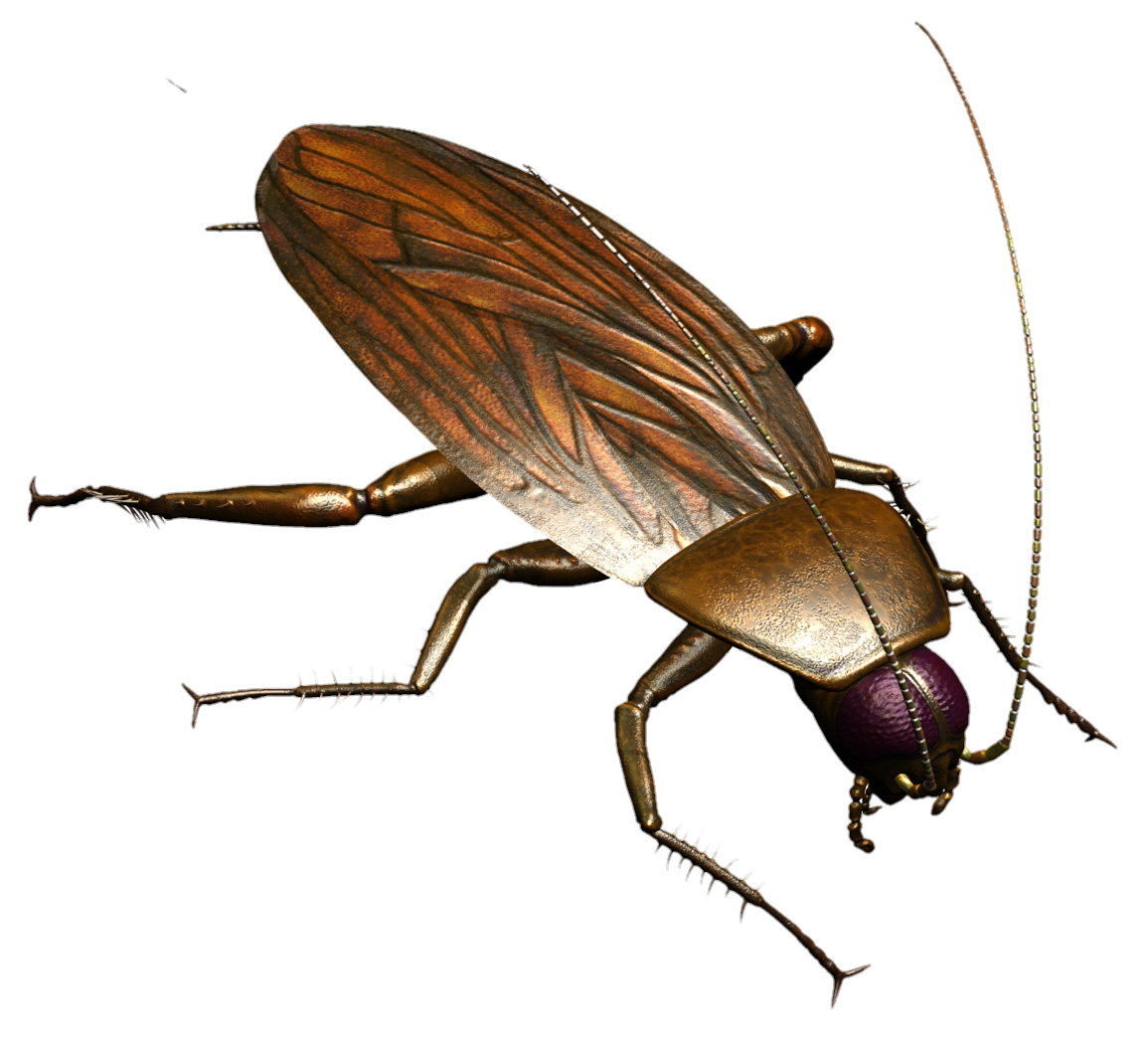
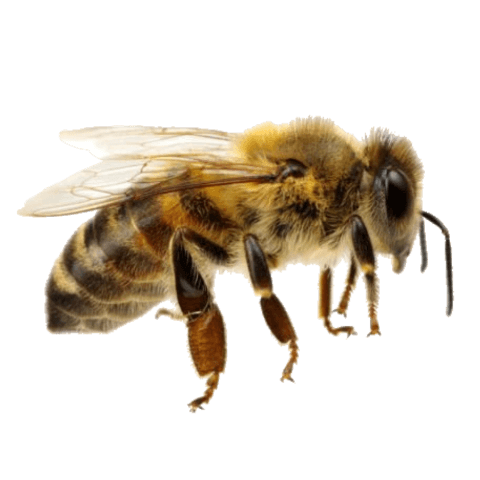
Leave a Comment
Instagram